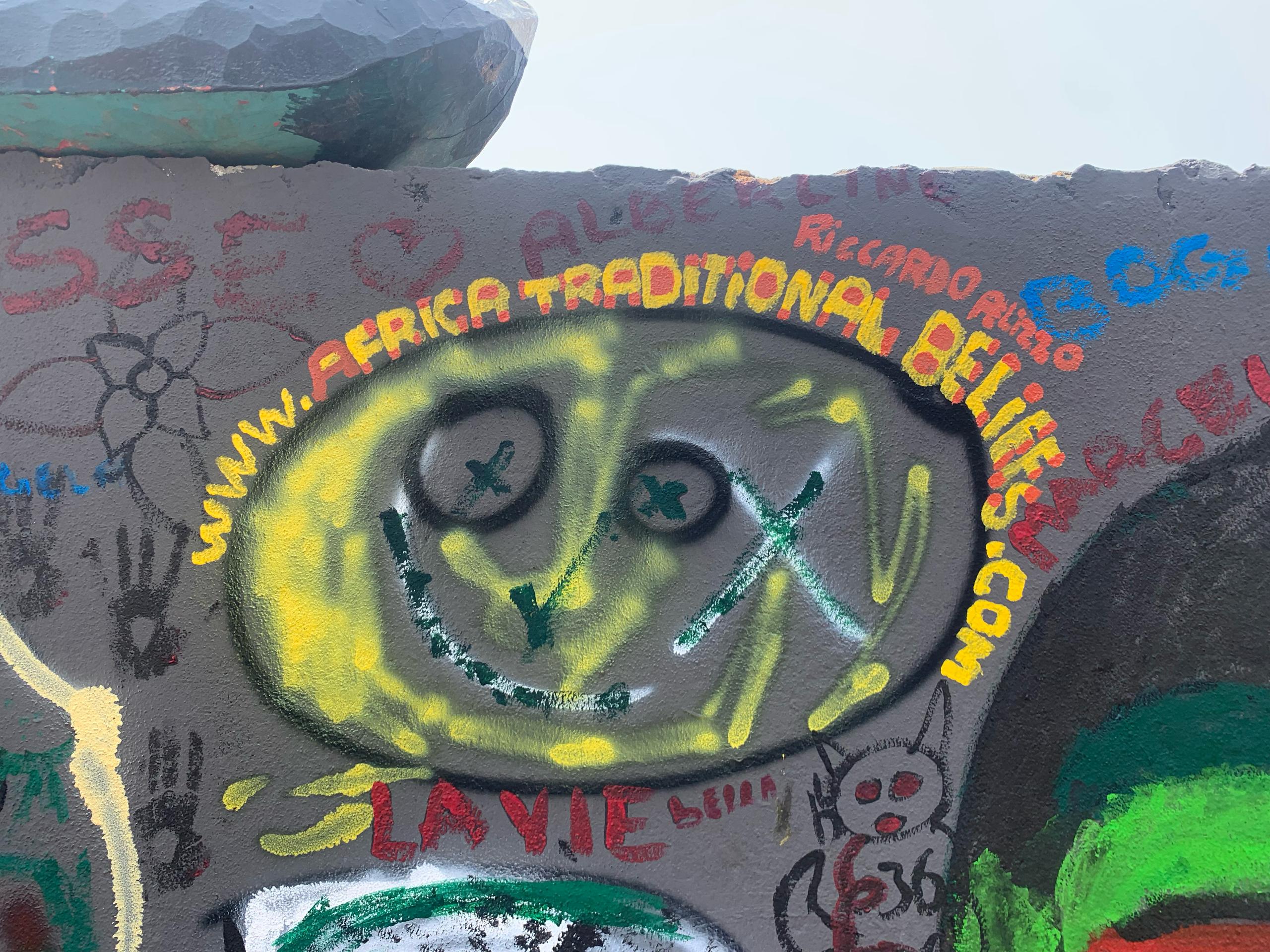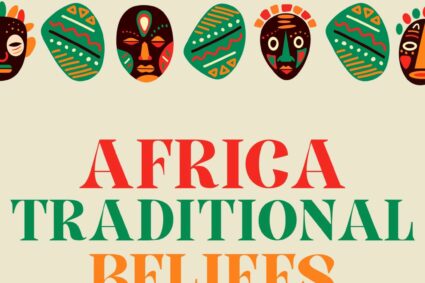
by Antonio Napoli
While the enemies hid in the swamps of the Okavango, which faded into nothingness, the scholars of the neighboring kingdom buried themselves in stone libraries. The great reading halls smelled of leather and resin, and every morning the sun, filtering through the windows, caressed the books, the tables, the chairs, and the faces bent over the symbols that lay resting after scrutinizing restless nature.
King Mualaba, called the Wise, did not want war. He did not love the greedy, mournful, trampling conflict, for it drags the farmer from his plow, distracts from trade, halts ships in ports, turns cities into inconsolable widows, and breaks the time of meditation.
“Man was not born to satisfy his belly through robbery and plunder,” he would tell his advisors, “but to discover nature, which loves to remain hidden.”
“Nature loves to remain hidden” was the motto of the sage who had raised the king and had taught him to see, not just to look. Elephants, giraffes, hippos, buffaloes, wildebeests, zebras, kudus, and countless birds and snakes moved through the swamps and savannas, blending into the shadows of trees, the reflections of water, and the tall golden grasses, revealing themselves only to those who knew how to observe with patience and respect.
King Mualaba believed that knowledge was the greatest of all riches, more valuable than salt and gold flowing through the markets. After all, it was knowledge that had first brought healthy food to man’s mouth—animals had taught him what to eat.
But from whom had men learned the art of war, which, like the rainy season, comes even when no one calls for it?
Explorers reported the presence of foreign men hidden among the reeds of the swamps, on the islets of palm trees. They were warriors from the northern kingdoms, come to invade the fertile lands that Mualaba governed in peace and justice.
“You cannot discover nature when the heart is besieged by fear,” said the advisors. “We must arm ourselves and defend our land.”
But the king remained silent.
Every evening, as the torches flickered in the palace halls, Mualaba wandered through the library shelves. Manuscripts rested there, filled with knowledge of stars and plants, rivers, poisons and nourishment, and the countless laws of the world. On the lintel of a door, he had inscribed another saying from his teacher:
“One does not conquer with iron what the mind can unveil.”
The king paused before it every time, as if those words spoke to him in every difficult moment.
In the end, he ordered that the ships continue to sail the river and that the farmers remain in the fields. No militia was gathered, no war drums sounded. Only the scholars were given a firm command: to search—in books and plants, in animals, in the sky and the winds, in the water and the sands of the desert—for what nature hides.
The scholars continued to observe and study: the waters and grasses of the swamps, the migrations of birds, and the whims of the currents. They discovered that in certain seasons, mosquitoes carried invisible fevers and that the white lotus of the lagoons released a sweet scent capable of dulling the senses.
When the enemies emerged from the reeds, finding the fields thriving and the ports still open, they surrendered to the king’s defenseless patience. They drank from the river, slept beside the flowers of the swamps, lazily swatted at the troublesome mosquitoes… and slowly, their army fell apart, like the body of a butterfly dried by the sun and crumbled by the wind.
War never reached the unfortified city of King Mualaba, who taught his peaceful people, until the end of his wise days, that nature only unveils itself to those willing to observe it with respect and wisdom.
One thought on “THE HIDDEN NATURE”
Comments are closed.

The mind is stronger than the sword.